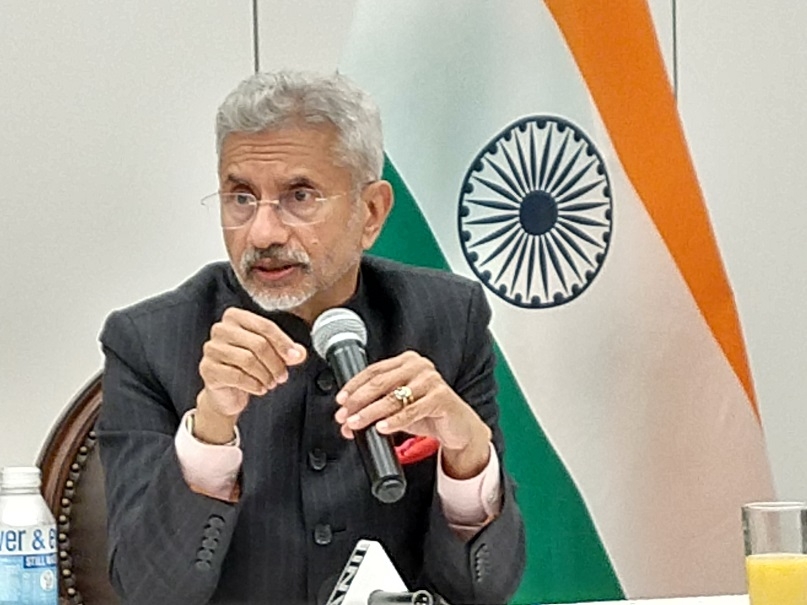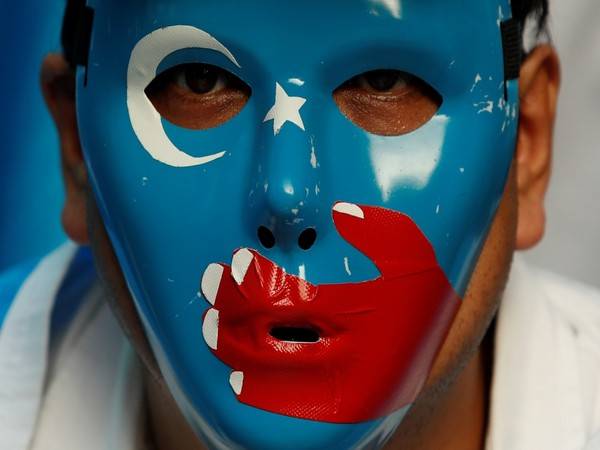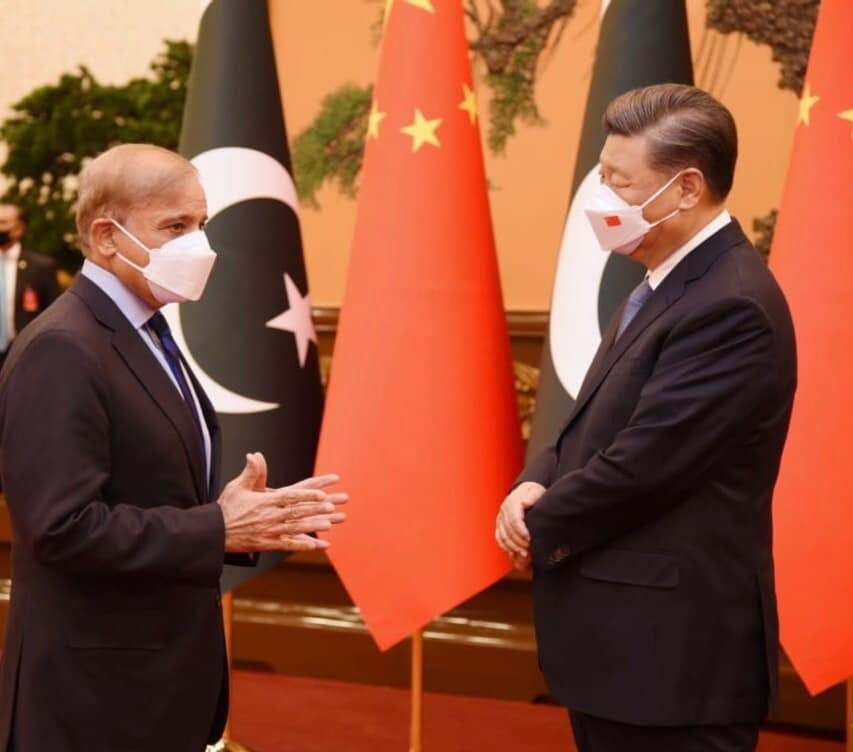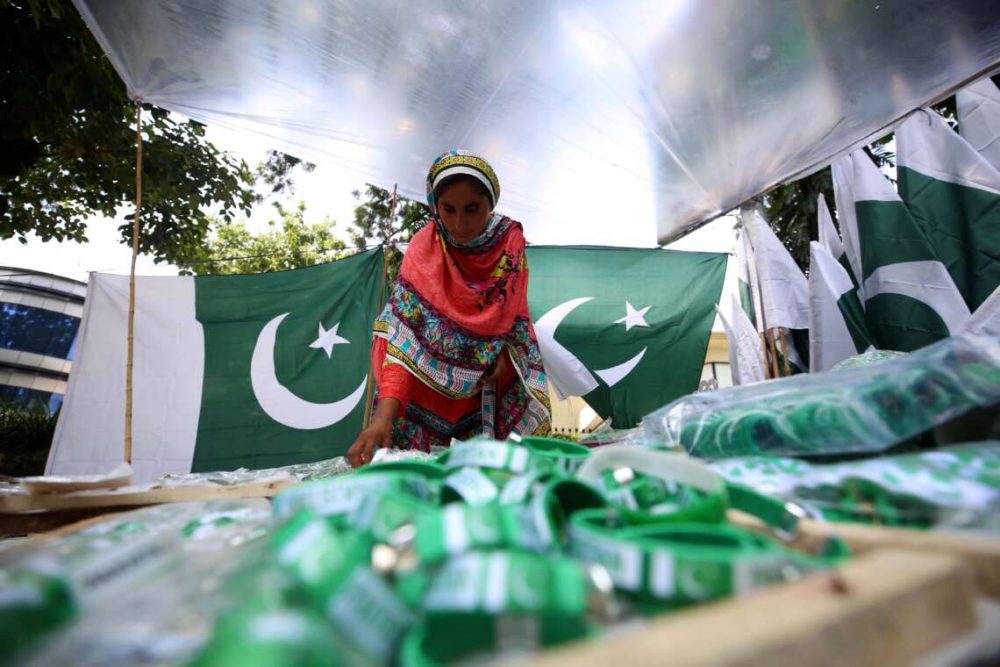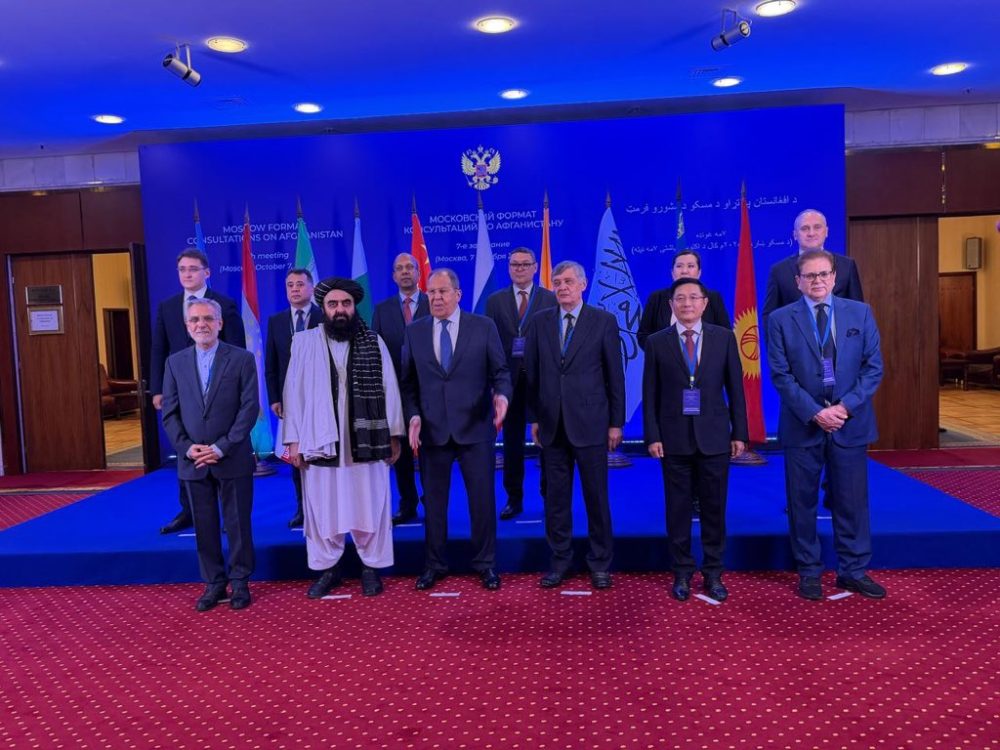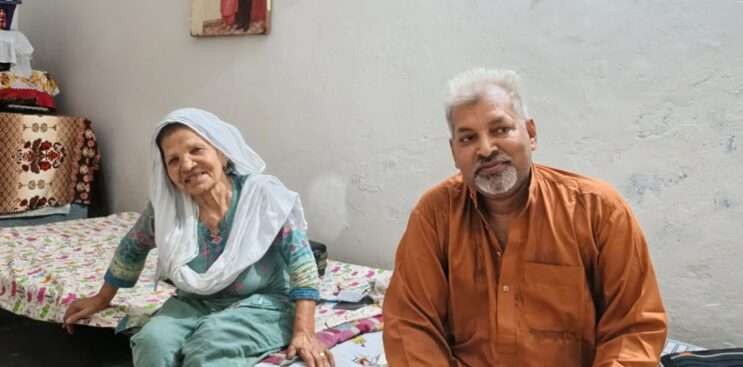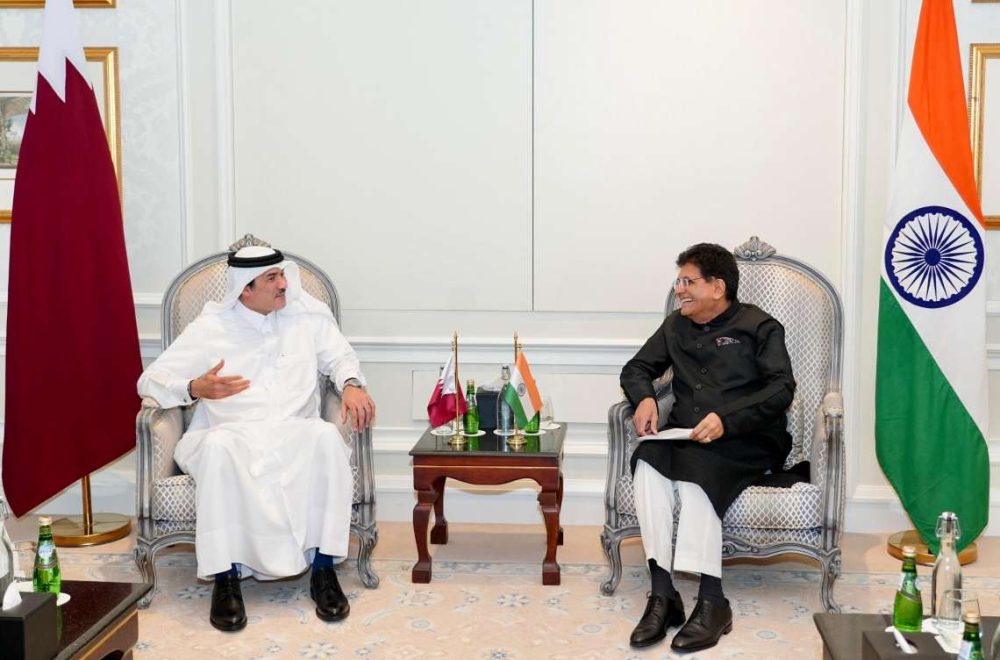Jaishankar said better connectivity will unlock the economic potential of the SCO region, and in this, Iran’s Chabahar port and the International North-South Transport Corridor (INSTC) “could become enablers”…reports Asian Lite News
Connectivity projects in the Shanghai Cooperation Organisation (SCO) region should focus on the interests of Central Asian states and respect the sovereignty and territorial integrity of countries, external affairs minister S Jaishankar said on Tuesday in an apparent swipe at China.
Jaishankar made the remarks while representing India in a virtual meeting of the SCO Council of Heads of Government that was held to shape the grouping’s trade and economic agenda. Chinese Premier Li Keqiang hosted the meeting since the Council of Heads of Government is chaired by China.
India was the only SCO member state that did not reaffirm support for China’s Belt and Road Initiative (BRI) in a joint communique issued after the meeting.
In a set of tweets, Jaishankar said he underlined the need for “better connectivity in the SCO region built on centrality of interests of Central Asian states”. He added: “Connectivity projects should respect the sovereignty and territorial integrity of Member States and respect international law.”
Though Jaishankar didn’t refer to any country in his remarks, India has for long opposed the BRI because a key part of it – the China-Pakistan Economic Corridor (CPEC) – passes through Pakistan-occupied Kashmir. India was among the few countries that didn’t sign up for BRI and Indian officials have said Chinese connectivity initiatives do not offer a level playing field for non-Chinese firms.
The joint communique said Kazakhstan, Kyrgyzstan, Pakistan, Russia, Tajikistan and Uzbekistan had backed the BRI and “work to jointly implement this project”, including efforts to link the Eurasian Economic Union and BRI.
Jaishankar said better connectivity will unlock the economic potential of the SCO region, and in this, Iran’s Chabahar port and the International North-South Transport Corridor (INSTC) “could become enablers”.
“Our total trade with SCO Members is only $141 billion, which has potential to increase manifold. Fair market access is to our mutual benefit and only way to move forward,” he said, while reiterating India’s commitment to deepen multilateral cooperation in areas such as food and energy security, climate change and trade.
India has developed a terminal at Chabahar port and there are plans to integrate the strategic port with INSTC. The port has also played a key role in the trans-shipment of goods from Russia to India following the start of the Ukraine war.
Jaishankar also spoke about Mission LiFE (Lifestyle For Environment) launched by Prime Minister Narendra Modi, which “envisions replacing the prevalent ‘use and dispose’ economy by a circular economy”. He highlighted that in 2023, the UN International Year of Millets, India intends to foster greater cooperation with SCO member states on countering the food crisis.
He appreciated the condolences expressed by various countries at the loss of lives in the Morbi bridge tragedy in Gujarat.
“Look forward to India’s ongoing chairship of the SCO,” Jaishankar said, referring to India assuming the chairmanship of the grouping following the summit held in Uzbekistan in September.
The SCO countries backed the deepening of interaction in digital economy and digital technologies to ensure inclusive economic growth, according to the joint communique. They also noted that in the wake of the Covid-19 pandemic, e-commerce is of great significance for economic development and increasing employment.
This was the first meeting of the SCO since India took over the bloc’s rotating presidency. Jaishankar had also represented the country at the last meeting of the Council of Heads of Government in Kazakhstan in November last year. The meeting focuses on the trade and economic agenda of the SCO and approves the grouping’s annual budget.
The meeting was attended by the eight SCO member states – India, China, Kazakhstan, Kyrgyzstan, Pakistan, Russia, Tajikistan and Uzbekistan – and observer states such as Iran. The SCO secretary general, executive director of the SCO’s Regional Anti-Terrorist Structure (RATS), Turkmenistan and other invited guests also participated.
India will host the SCO Summit in mid-2023, months ahead of hosting the G20 Summit in New Delhi in September next year.


